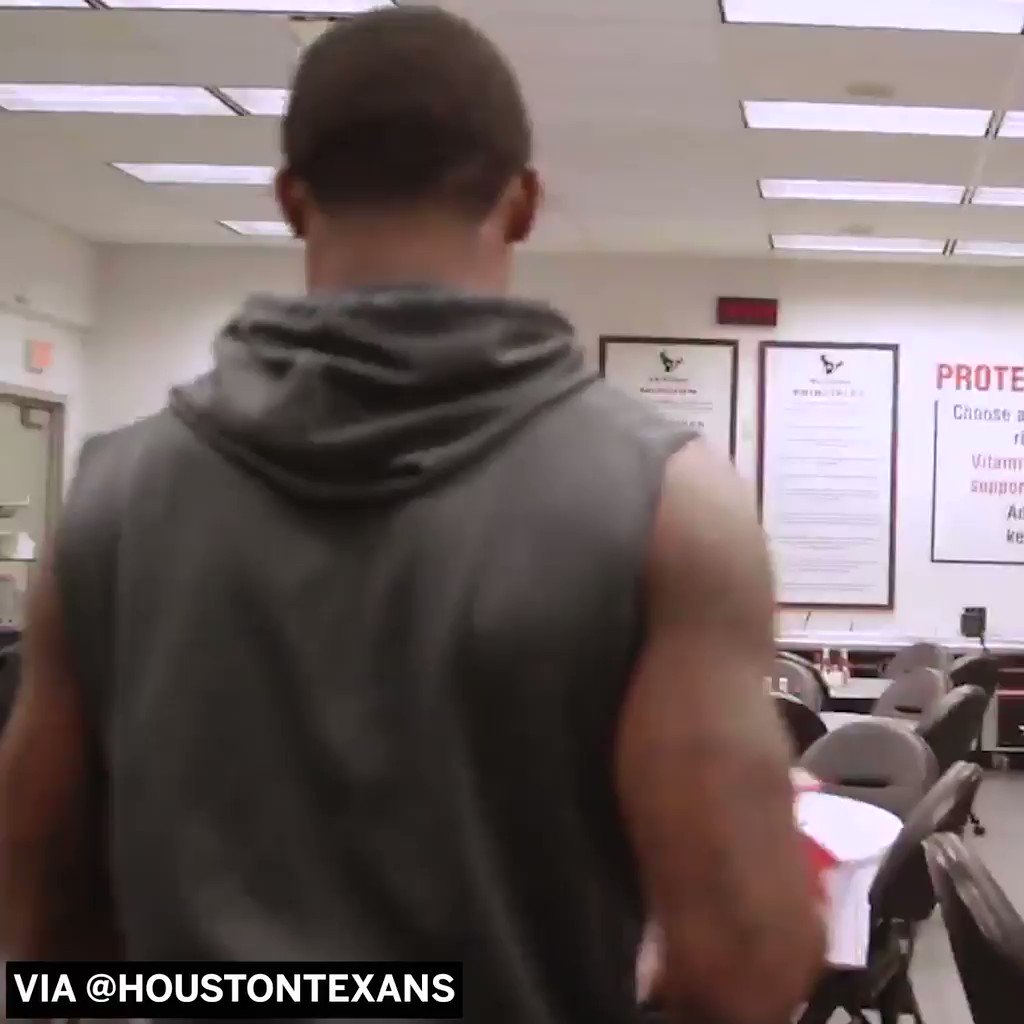Maybe It’s the “Job Creators” That Should Be More Grateful…
Okay guys, Twitter has yet to switch my account over to allow me to tweet 280 characters at a time, so you’re stuck with me in one slightly larger chunk here. =P
Over the past week, well, the anthem thing, right? You all have feelings I’m guessing, and that’s fine, but I would like to focus on a fairly specific gripe here. Consider the following, well, let’s call it a statement…
Now, people have tried to make this into a racial thing, which maybe it is (add it to the pile if so I guess), but it’s also reflective of a larger problem we tend to have regarding workers, employers, and compensation. See here’s the thing- when a worker chooses to work for a company (or another person, etc.) and the company pays the worker, they are engaging in a trade that makes both of them better off. Logically, if the worker is supposed to be grateful that the company employed him, the employer should also be grateful that the worker accepted the job. I could even take this further and argue that the degrees of grateful should be determined by how much value the transaction creates for the worker versus the company. (The value created for the employer is the difference between how much the worker adds to profit and how much the worker gets paid, and the value created for the employee is the difference between what he is paid and what he would get paid in his next best job opportunity.) In the case of the NFL, it’s…*looks at some numbers* entirely likely that the owners should be more grateful than the players by this measure, and don’t even get me started on college sports. 

We don’t seem to impart this sort of…emotion, morality, whatever you want to call it, into markets for stuff- I don’t really ever have anyone tell me that I should be grateful that Apple sold me an iPhone, for example. I guess sometimes I hear variations of “that company should be grateful for its customers,” but it’s usually in the context of the company needing to provide better customer service in order to not go out of business rather than an “on principle” kind of argument. Instead, we seem to inherently get that there is a symbiotic relationship between producer and consumer and that it doesn’t make sense to think of one as primary and the other secondary.
The circular-flow model makes this point pretty clearly:
That said, there are plenty of times in society (particularly in policy discussions, unfortunately) where we lionize the “job creators” and frame workers as “takers” rather than recognize and respect this symbiotic relationship- what could possibly go wrong? It’s not like companies already have more monopsony power than workers do just due to sheer relative numbers…
Update: Wonder if this guy is grateful enough…


No comments:
Post a Comment